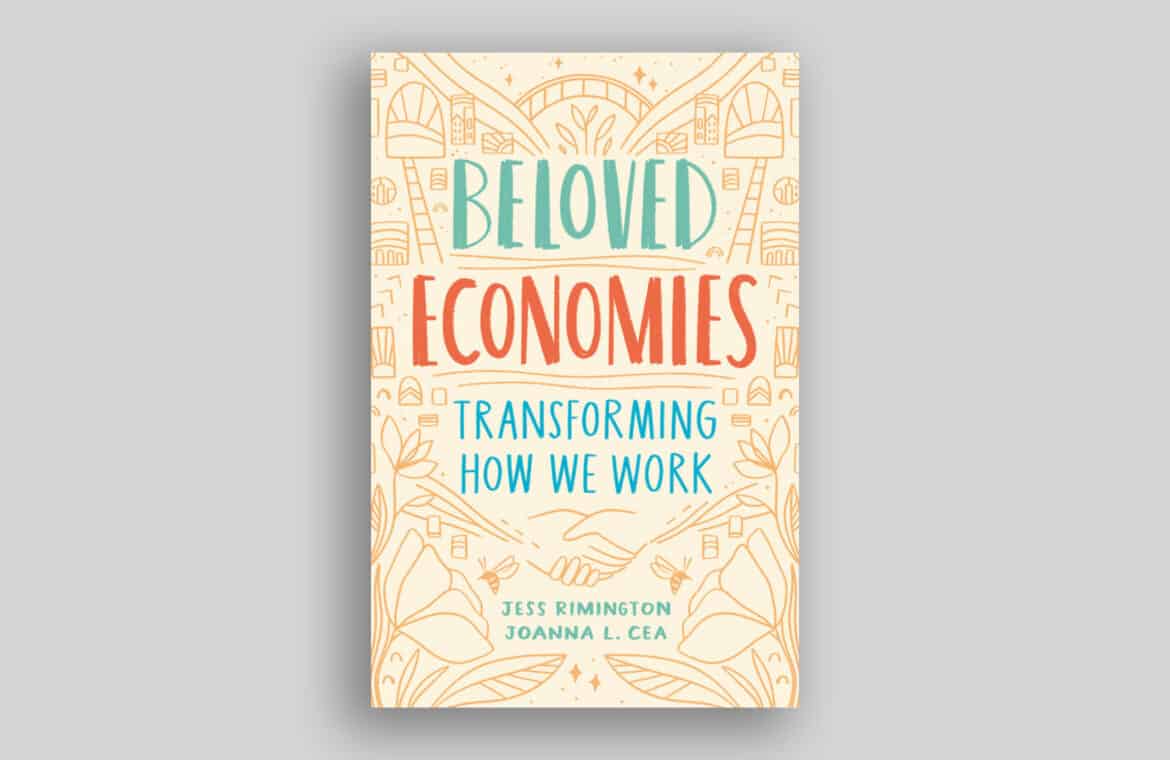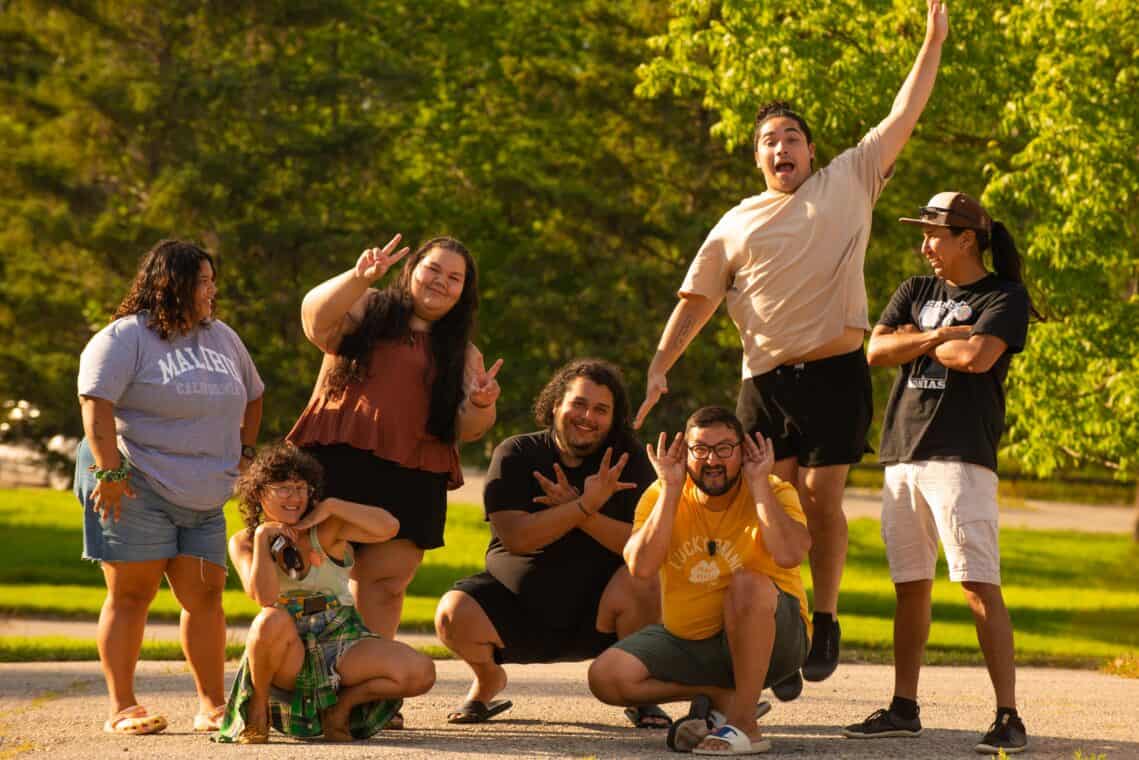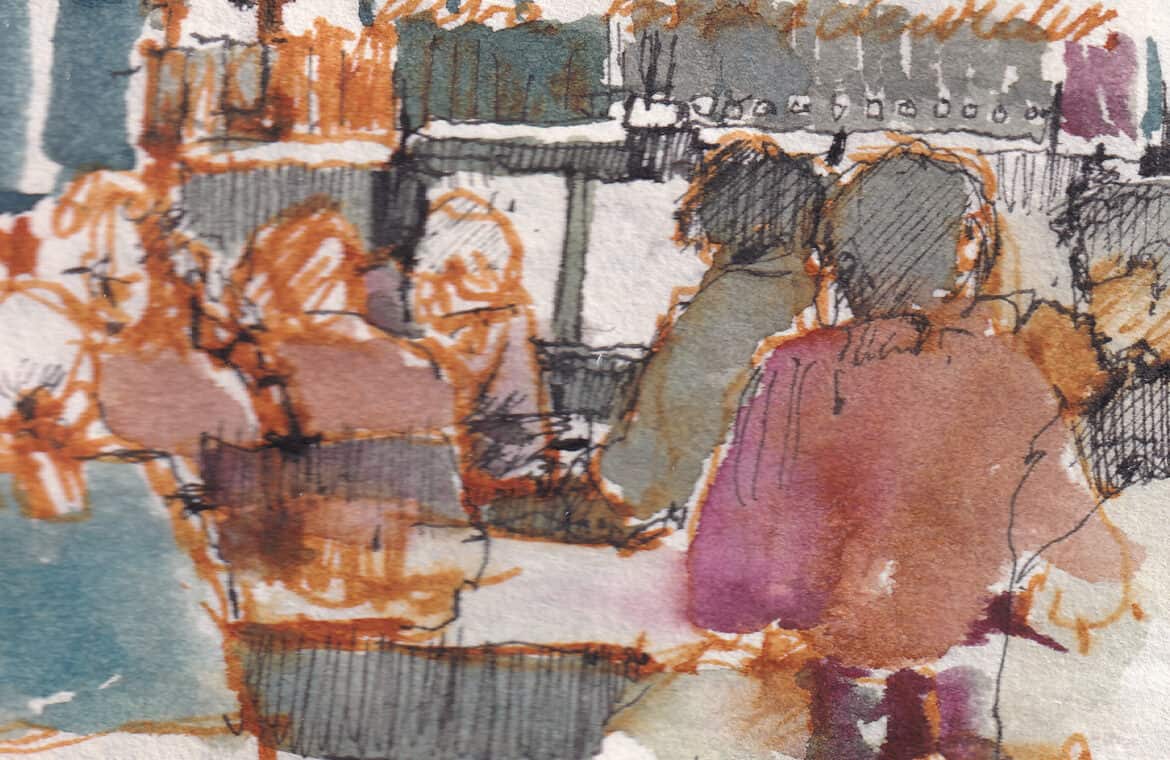How we work isn’t working: Seven practices from breakthrough organizations
The authors of Beloved Economies believe that businesses, co-operatives, non-profit organizations, and public institutions are microcosms that have the potential to effect real change – that pockets of innovation, using the seven practices described in the book, will lead to ripple effects in the whole economy and change “business as usual.”







